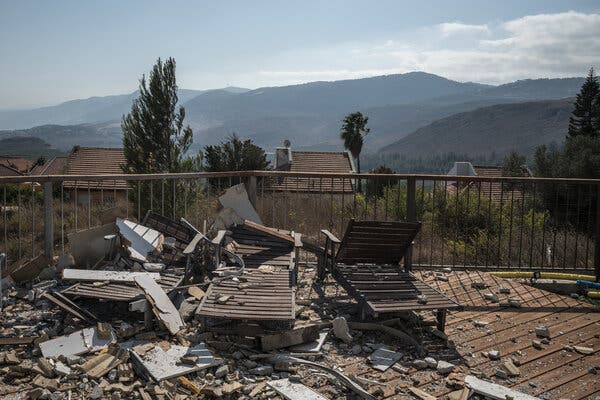News Analysis
The killing of Hamas’s leader may allow Israel to claim victory and agree to a cease-fire, and new Hamas leadership could be more open to compromise. But neither side is likely to fold completely.

For more than a year, the fate of the Hamas leader Yahya Sinwar seemed entwined with the fate of the war in Gaza.
Mr. Sinwar orchestrated the Hamas assault on Israel last October that killed up to 1,200 people, captured some 250 hostages and prompted a devastating Israeli retaliation that has killed tens of thousands of Palestinians and laid waste to much of the Gaza Strip.
He was considered the driving force behind Hamas’s refusal to surrender, even as Israel’s airstrikes and ground invasion devastated the territory and displaced most of its population. And his survival made it impossible for Israel to declare victory — living proof that Hamas, though decimated, remained undefeated.
Now, after Mr. Sinwar was killed, a route toward a truce in Gaza seems slightly more navigable, according to Israeli and Palestinian analysts, even if major obstacles remain on both sides and a resolution to the broader conflict between Israel and Hamas’s regional allies remains out of reach.
Negotiations for a cease-fire and a hostage release deal had stalled partly because Mr. Sinwar had held out for a permanent deal that would allow Hamas to retain power in a postwar Gaza. His maximalist stance was incompatible with that of Benjamin Netanyahu, the Israeli prime minister, who sought only a temporary truce that would allow Israel to return to battle within weeks in order to prevent Hamas’s long-term survival.



